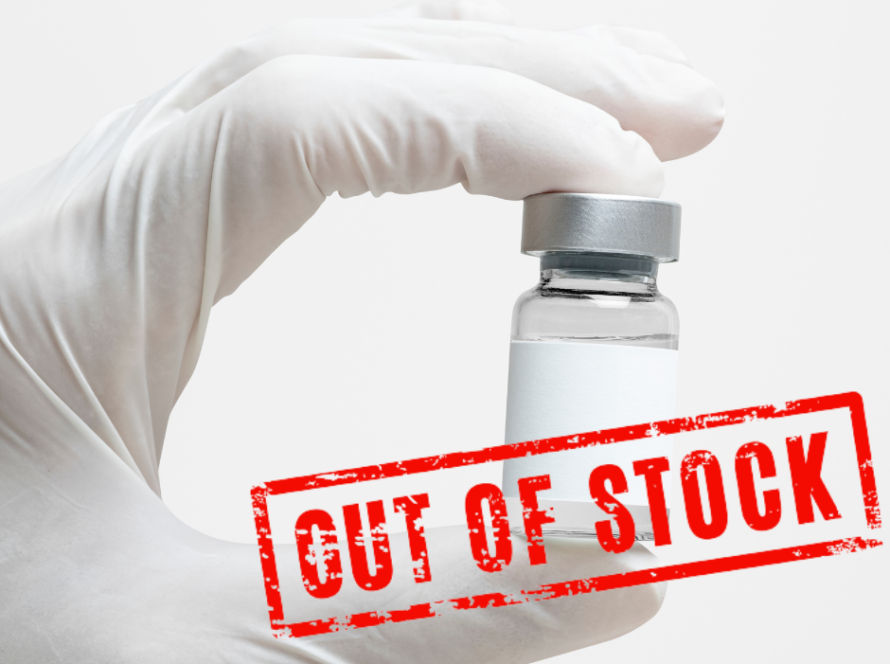An expectorant is a cough syrup as commonly known. Expectorant is a medication that aids in loosening and expelling mucus from the respiratory tract. It functions by boosting saliva production and thinning mucus, which facilitates easier coughing and clearing of the airways. Expectorants are used to treat the symptoms of respiratory tract infections, such as the common cold, bronchitis, and pneumonia. These infections can cause a buildup of mucus in the throat and lungs, leading to a cough and chest pain due to mucus accumulation which we commonly address as congestion. By thinning the mucus, expectorants help relieve congestion, making it simpler to cough up and clear the airways. This can alleviate symptoms like coughing, chest congestion, and difficulty breathing. Expectorants can be found as standalone medications or as components of comprehensive cold or flu remedies. While generally safe to use, it is crucial to read labels and consult with your healthcare provider about any potential interactions.

Expectorants can be classified as either medicinal or natural. The primary ingredient in medicinal expectorants aids in thinning the mucus in your airways, making your cough more productive. These over-the-counter expectorants come in various forms, including liquids, pills, and tablets. Examples of medicinal expectorants include:
- Guaifenesin: Guaifenesin is the most used expectorant and is the active ingredient in cough syrups. It is found in many common cough, cold, and flu medications. Additionally, guaifenesin is an active ingredient in over-the-counter decongestants, cough suppressants, antihistamines, and pain and fever medications. It is currently the only expectorant approved by the U.S. Food and Drug Administration. Guaifenesin hydrates mucus to reduce its stickiness.
- Potassium iodide: Potassium iodide is an expectorant that may be prescribed by a healthcare provider for chronic lung diseases. These diseases, such as asthma, bronchitis, and pulmonary emphysema, can produce excessive mucus, complicating the condition. Potassium iodide helps loosen mucus, making it easier to cough up.
Natural expectorants include:
- Menthol: Menthol is a natural chemical derived from plants in the mint family. It is a common ingredient in cough drops (throat lozenges) and cough syrups. Menthol provides a cooling sensation and can sometimes soothe a sore throat. One study found that menthol may relax airway muscles, allowing more air to enter the respiratory system and helping to improve a cough.
- Ivy leaf extract: Ivy leaf extract is a natural expectorant known for its impact on mucus production.
- Oral hydration: Regardless of the type of expectorant used, maintaining hydration is essential. Drinking extra water or having a cup of tea can help increase fluid intake. It’s best to avoid alcohol and caffeine as much as possible.
- Steam: Inhaling warm, moist air can be very effective for a persistent cough. Steam can help loosen mucus in the airway. Taking a long shower or using a humidifier can provide extra moisture to the lungs.
- Honey: Honey might aid in loosening mucus and easing coughs. It can be added to tea or mixed with warm milk. However, avoid giving honey to infants younger than 12 months old due to the risk of botulism.
Thus, to manage a cough effectively, expectorants play a crucial role in clearing excess mucus and accompanying particles from the airways. By thinning mucus, they promote a more productive cough that expels irritants and bacteria, ultimately aiding in faster recovery. However, it’s essential to consult a healthcare provider if the cough persists or if there are any concerns. Additionally, always carefully review expectorant labels to understand potential interactions or side effects. This proactive approach ensures safe and effective relief from cough symptoms while prioritizing overall health.



